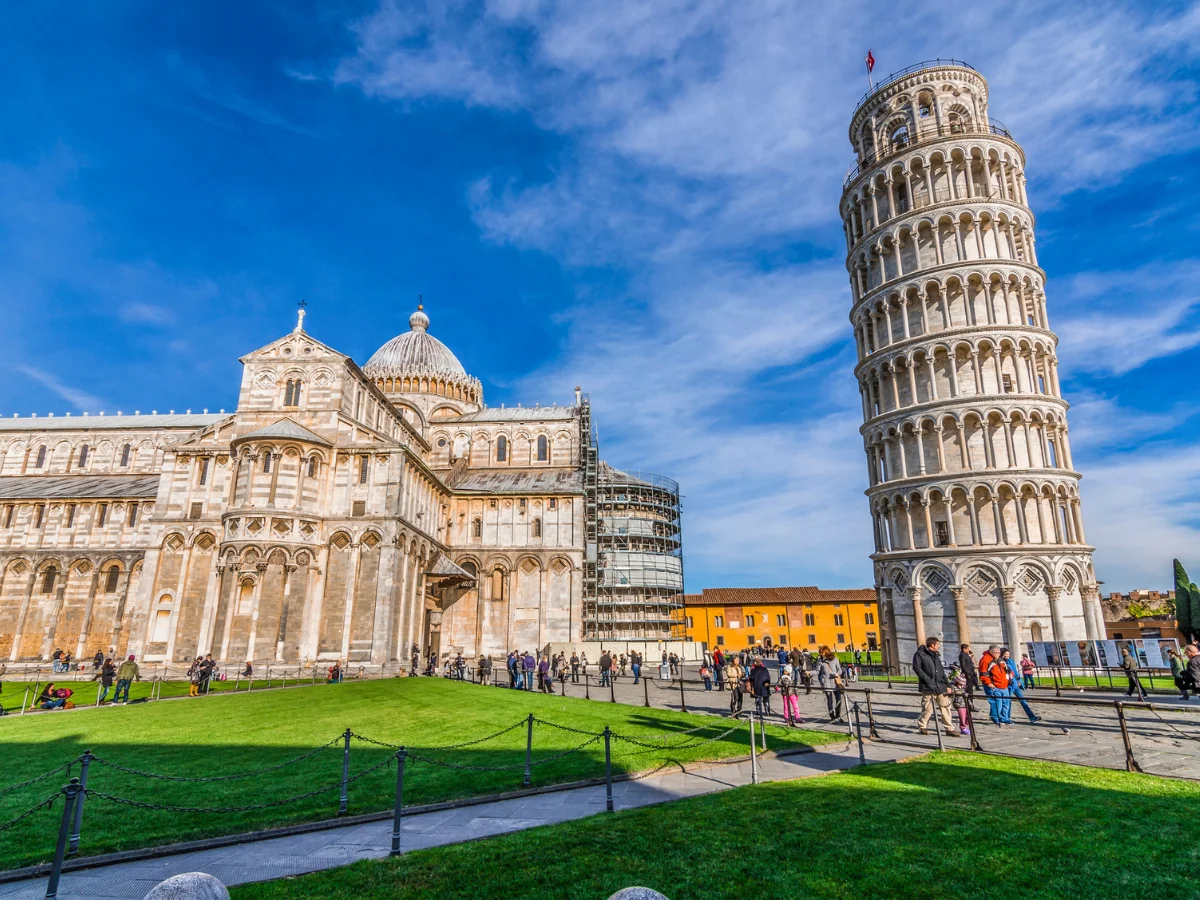Theon of Smyrna
Theon of Smyrna, a prominent figure in ancient Roman astronomy, contributed significantly to the field through his mathematical treatises and commentaries. His works served as educational resources, guiding students in the study of mathematics and astronomy. Transitioning through time, Theon’s commentaries continued to influence scholars, contributing to the development of mathematical and astronomical thought. Within the historical context of ancient Rome, astronomy held both cultural and scientific significance. Theon’s diverse intellectual interests encompassed geometry, arithmetic, and philosophy, reflecting the richness of ancient scholarship.

Ancient Rome: Theon of Smyrna
Introduction to Theon
Theon of Smyrna, a Greek philosopher and mathematician, lived in the 2nd century AD and made significant contributions to astronomy during the Roman era.
Mathematical Treatises
Theon wrote several mathematical treatises, including commentaries on the works of earlier astronomers and mathematicians.
Preservation of Knowledge
His commentaries played a crucial role in preserving and disseminating ancient astronomical knowledge, ensuring its transmission to future generations.
Educational Influence
Theon’s works served as educational resources, guiding students in the study of mathematics and astronomy in ancient Rome and beyond.
Integration of Philosophy
In addition to his mathematical pursuits, Theon engaged in philosophical discussions, exploring the relationship between mathematics, astronomy, and metaphysics.
Scope of Contributions
Theon’s commentaries covered a wide range of topics, including geometry, arithmetic, and astronomy, reflecting his diverse intellectual interests.
Historical Context
During Theon’s time, astronomy held significant cultural and scientific importance in the Roman Empire, with scholars and philosophers seeking to understand the cosmos.
Legacy and Influence
Theon’s commentaries continued to be studied and referenced by later scholars, contributing to the development of mathematical and astronomical thought in subsequent centuries.
Cultural Significance
In ancient Rome, astronomy was not only a scientific pursuit but also held cultural and religious significance, with celestial events often interpreted as omens or signs from the gods.
Conclusion
Theon of Smyrna, through his mathematical treatises and commentaries, left a lasting legacy in the fields of mathematics and astronomy. His works played a crucial role in preserving ancient knowledge and shaping intellectual discourse in ancient Rome and beyond.



